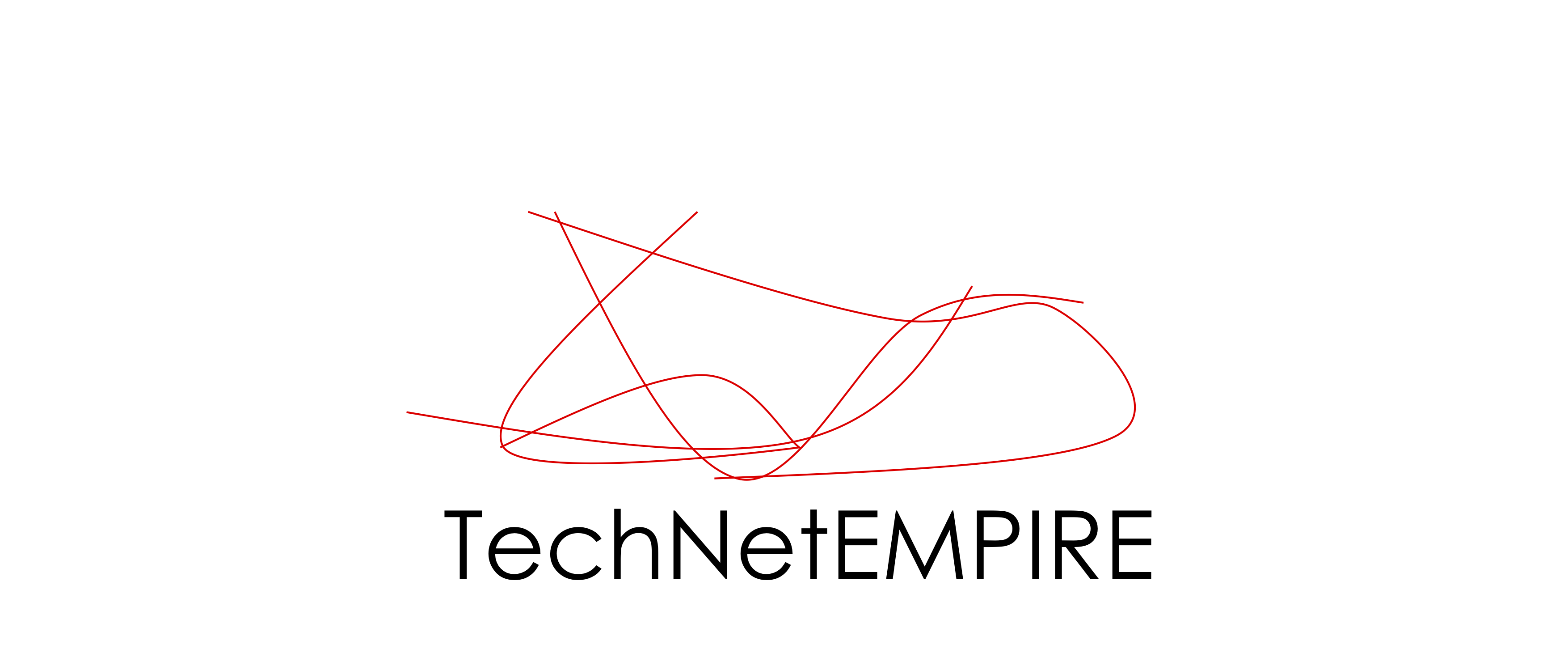EMPIRES, AGENTS AND KNOWLEDGE: A VIEW FROM THE SEA
-
- Karel Davids | Vrije Universiteit Amsterdam
Knowledge institutions of European empires were located on shore, but they were not exclusively concerned with land-related subjects. Maritime knowledge formed part of their area of interest, too. Apart from being engaged in gathering, processing and disseminating knowledge on botany, agronomy, mining or military engineering, the remit of such places of learning covered shipbuilding, navigation technology, astronomy or marine cartography as well. Likewise, people took knowledge with them while moving within or between empires by land, but they also did so while traveling by sea. Empires and agents had both a maritime and a land-based side.
This lecture takes a maritime point of view. Looking at knowledge institutions (such as schools and academies) of different European empires between c.1500 and 1850, I will discuss the ways in which these institutions collected, codified and transmitted knowledge on maritime subjects as compared with land-based ones. What were the differences or the similarities by fields of interest ? What were the connections ? Were all of these alike for different empires or not ?
Following this comparison, I will address the question of learning between empires. To what extent did empires learn from each other in the field of maritime knowledge? And how did the learning process take place: was it formally organized ? Or was it rather brought about by individual agency – by actors carrying know-how from one empire to another ? European empires, it will be argued, continued to learn from each other throughout the entire period under discussion, with sometimes one, sometimes the other in the lead. Emulation and imitation were as normal as rivalry.
Karel Davids is full Professor Emeritus of Economic and Social History in the Faculty of Humanities and the School of Business and Economics of the VU University Amsterdam. Working in Global History, his focus is on comparative research on the circulation of knowledge, people and goods in the early modern period, Maritime History and the History of Technology. Among other publications in English, he is the author of “Global Ocean of Knowledge, 1660-1860” (2020).
